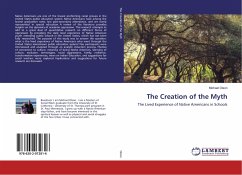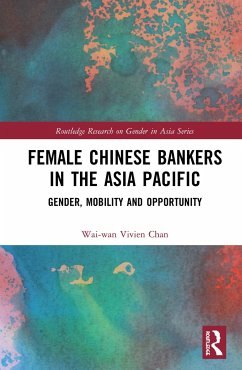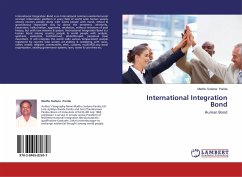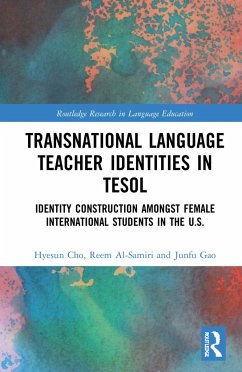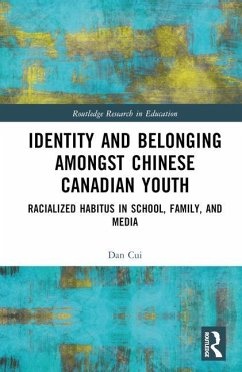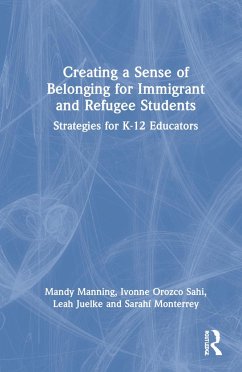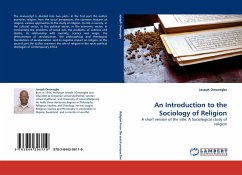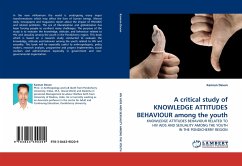
The Ties that Bind and Bond
Socio-cultural Dynamics and Meanings of Migrants' Remittance
Versandkostenfrei!
Versandfertig in 6-10 Tagen
32,99 €
inkl. MwSt.

PAYBACK Punkte
16 °P sammeln!
While most research on remittances have adopted an econometric approach and focused on the development impacts in migrants' countries of origin, deciding to look into the social dimensions of remittances in the country of settlement allows Mr Kankonde to bridge epistemological divides and craft innovative approaches to the understanding of migrants' modes of transnational socio-cultural insertion and constitutes the analytical strength of this work. Mr kankonde develops the notion of remittance as a means to avoid "social death", a condition characterised by extreme social alienation and isola...
While most research on remittances have adopted an econometric approach and focused on the development impacts in migrants' countries of origin, deciding to look into the social dimensions of remittances in the country of settlement allows Mr Kankonde to bridge epistemological divides and craft innovative approaches to the understanding of migrants' modes of transnational socio-cultural insertion and constitutes the analytical strength of this work. Mr kankonde develops the notion of remittance as a means to avoid "social death", a condition characterised by extreme social alienation and isolation. This approach has important theoretical, practical and policy implications for responding to the multiple forms of transnational migrations that define a globalised world. It addresses a highly contemporary question through an original, critical and reflexive conceptual and theoretical framework that forces the reader to re-think the economics of remittance behaviour. By locating the economic logic of remittances in the intimacies of family life, Mr Kankonde develops a thesis that is thought provoking and of considerable value.



